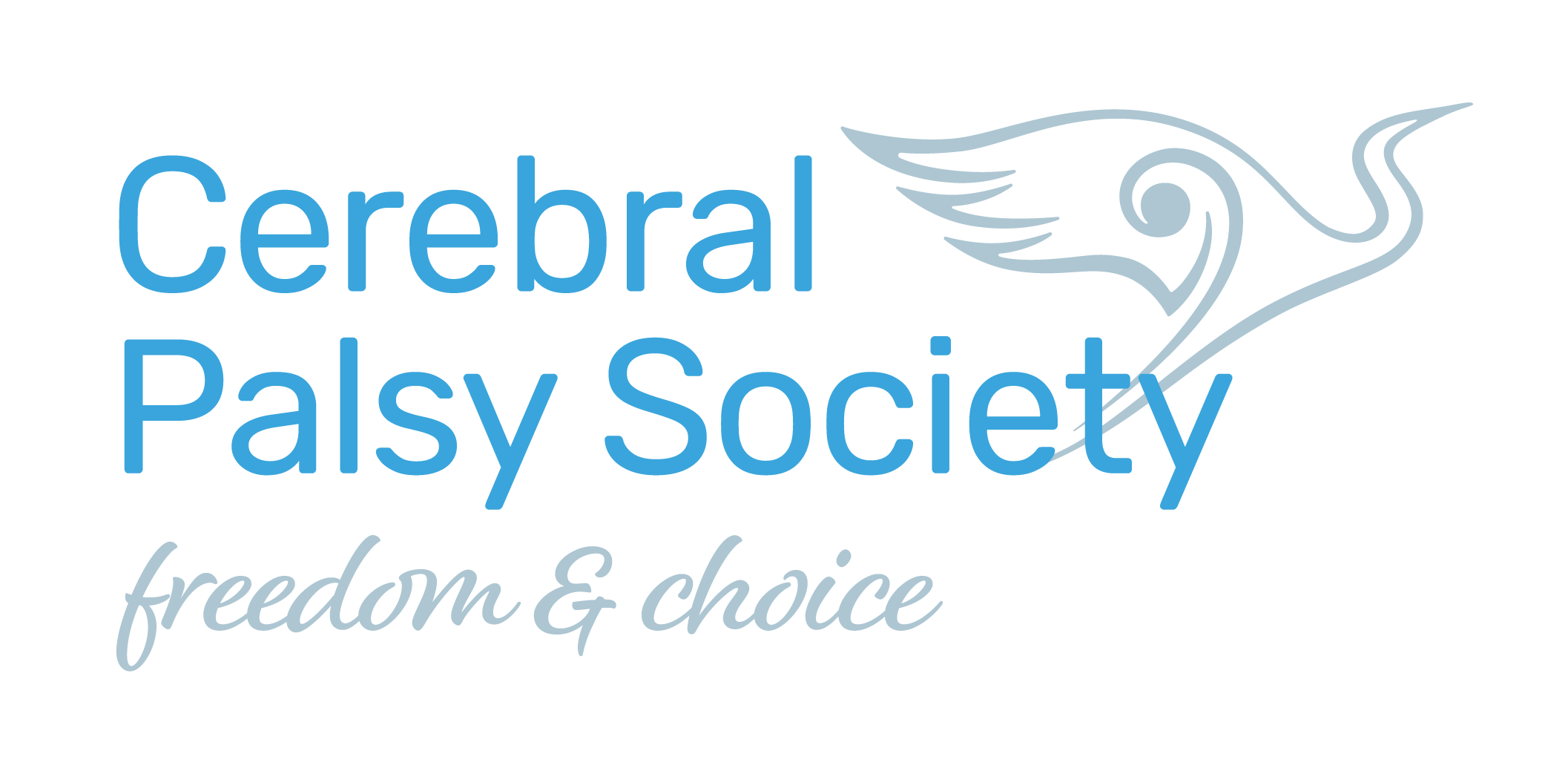Babies & Children
Cognition and Learning
01 Nov 2017
Some children, although not all, will experience cognitive dysfunction and issues as an associated effect of cerebral palsy. Cognitive issues can range from mild to severe, but regardless of what level the cognitive issues are, medical professionals generally have treatment options that can help the child lead a more productive life.
Cognitive Function and Cognitive Impairment
Cognition is defined as the ability to learn, reason, and acquire knowledge through experiences, thoughts, and senses. Children with cerebral palsy who have cognitive impairment still have a cognitive functioning, but their cognition is impaired on some level.
If you have learned that your child has cognitive issues, it is understandable to be worried, but there are a number of treatment and therapy options that can help children with cognitive impairment lead quality lives.
If you are unsure if your child has cognitive issues, it is important to get him/her professionally tested as soon as possible.When assessing the cognitive abilities of someone with cerebral palsy, it’s important to involve a psychologist, neuropsychologist or developmental paediatrician experienced in testing people who have disabilities.
In the meantime, there are numerous signs and symptoms to look out for, but keep in mind that only a physician can diagnose cognitive impairment.
Signs of Cognitive Impairment
Some of the most common signs of cognitive impairment in children include:
- A delay in language development
- Difficulties with speaking and responding to others
- Difficulties with focusing on tasks; short attention span
- Difficulties in learning to read and count
- Difficulties with sensory demands
- Emotional problems, including anger, anxiety, and depression
- Cognitive Impairment Issues Explained
Behaviour Issues
Anger, anxiety, emotional outbursts, and other behaviour issues may arise due to cognitive impairment. One of the most common reasons this occurs is because children with cognitive issues have difficulties with learning and aren’t catching on the way their peers are. They may feel uncomfortable, like they are left out, and misunderstood, which can lead to bouts of anger, acting out in class and at home, and becoming anxious and depressed.
Communication
Children with cognitive issues may have trouble talking and expressing how they feel. In a classroom, a child may understand the lessons, but with limited communication, cannot express the answers correctly. At home, the child may not be able to say what is bothering them, when they are hungry or thirsty, or how to express how they feel. Communication problems can lead to delayed language development and delayed emotional development.
Short Attention Span
Attention deficit disorder (ADD), autism, and other disorders may arise due to cognitive impairment, which results in the child having a short attention span and problems staying on task. Some children will only focus on things that interest them, while others may only focus on things for a few minutes before becoming bored and zoning out.
Sensory Challenges
Cognitive impairment may also lead to sensory challenges, consisting of the inability to understand what is being heard and seen. This, of course, can make it difficult for the child to interpret different surroundings.
Cognitive Impairment Treatment Options
Although there is no cure for cognitive impairment, there are a number of treatment options proven beneficial to children with cerebral palsy, as well as to any child who experiences cognitive difficulties.
In general, and depending on how severe the cognitive issues are, the child will typically have a team of medical professionals with different specialities to help him/her reach their fullest potential. This can include:
- A primary physician
- A behavioural therapist
- Special education teachers
- A physical therapist
- A psychiatrist or psychologist
- A speech pathology therapist
- An occupational therapist
Each professional devises an individualized plan for each child based on cognitive test results and exams. For instance, a behaviour therapist works with a child whose cognitive issues are causing behavioural problems such as angry outbursts. On the other hand, an occupational therapist can assist children in learning the easy and proficient ways to carry out daily tasks, such as using pencils and crayons, tying shoes, teeth brushing, and more.
A behavioural therapist will help guide the child into channelling the appropriate reactions and emotions. Likewise, a speech pathology specialist can assist children with verbal communication, which makes it easier to express themselves when they are not grasping a certain task and/or need assistance with learning.
Ways Parents Can Help Their Children
Keep in mind that children with cerebral palsy, as mentioned earlier, often experience frustration and anger when they are having a hard time trying to figure out how to learn things. This also applies when they are trying to figure out what caregivers and/or parents are asking of them.
It is important to work closely with your child’s team of professionals, but for the times when you are home with your child, there are numerous different tips you can follow which can greatly assist both you and him/her, which include:
As you get to know your child’s body language and cues so that you will be more able to be prepared when a meltdown is oncoming. Be open to allowing your child to vent frustrations and anger

